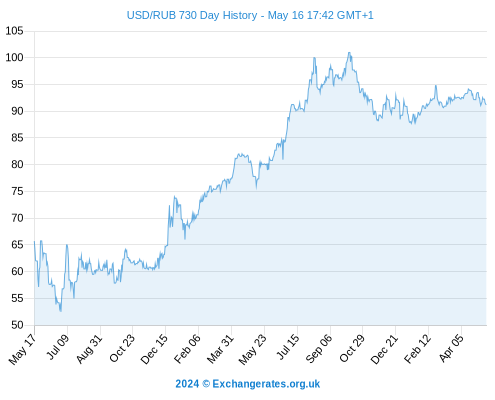Do away with your car, computer, refrigerator, health insurance. Spry

link?
Konrad Zuse was a German civil engineer, inventor and computer pioneer. His greatest achievement was the world's first programmable computer; the functional program-controlled Turing-complete Z3 became operational in May 1941. Thanks to this machine and its predecessors, Zuse has often been regarded as the inventor of the modern computer. Zuse was also noted for the S2 computing machine, considered the first process-controlled computer. He founded one of the earliest computer businesses in 1941, producing the Z4, which became the world's first commercial computer. From 1943 to 1945 he designed the first high-level programming language, Plankalkül.
Konrad Zuse - Wikipedia the free encyclopedia
Carl von Linde, German engineer whose invention of a continuous process of liquefying gases in large quantities formed a basis for the modern technology of refrigeration. Refrigeration is chiefly used to store foodstuffs at low temperatures, thus inhibiting the destructive action of bacteria, yeast, and mold.
Invention: refrigerator in 1876
Function: noun / re·frig·er·a·tor
Definition: A refrigerator (often shortened to fridge) and/or freezer is an electrical appliance that uses refrigeration to help preserve food.
Patent(s): In 1877, Carl von Linde obtained a patent for his refrigerator from the German Imperial Patent Office
727,650 (US) issued May 12, 1903 for Linde oxygen process
728,173 (US) issued May 12, 1903 for Apparatus for process
Inventor: Carl Paul Gottfried von Linde
Criteria: Modern prototype. First practical. Entrepreneur.
Birth: June 11, 1842 in Berndorf, Germany
Death: November 16, 1934 in Munich, Germany
Nationality: German
Refrigerator History - Invention of the Refrigerator
The year 1886 is regarded as the birth year of the modern car. In that year, German inventor
Karl Benz built the
Benz Patent-Motorwagen.
Car - Wikipedia the free encyclopedia
Germany has the world's oldest national social health insurance system, with origins dating back to
Otto von Bismarck's Sickness Insurance Law of 1883.
National health insurance - Wikipedia the free encyclopedia






 Yet you deny we should be concerned about Germans who long the good ol' days.
Yet you deny we should be concerned about Germans who long the good ol' days. 
